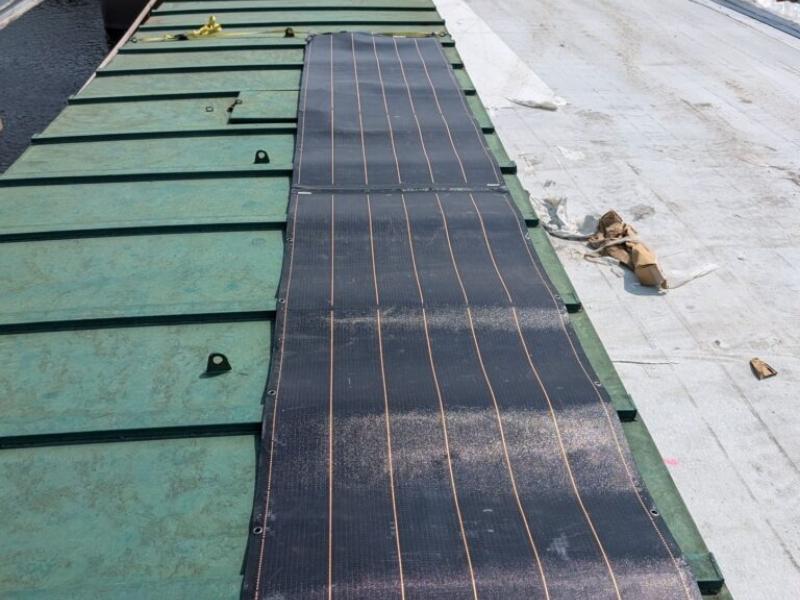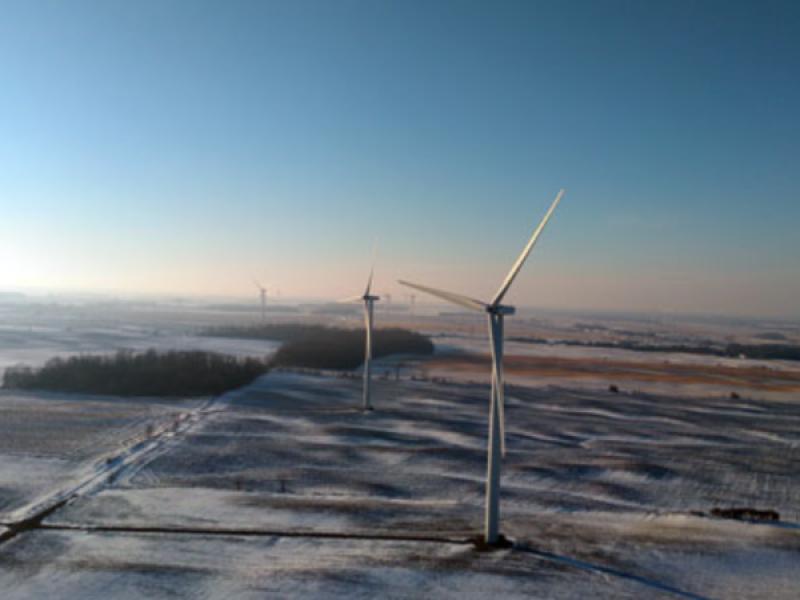
Northland Power Inc. (NPI-T) has begun commercial operations of its Oneida Energy Storage Project in Jarvis, Ont., which the Toronto-based power producer says is the largest battery energy storage facility operating in Canada.
Located west of Niagara Falls, the Oneida project can store 250 megawatts (MW) or 1,000 megawatt-hours of energy, more than doubling the energy storage active on Ontario’s grid from 225 MW to 475 MW. That is enough energy to power a city the size of Oshawa for an hour.
It is also anticipated to slash greenhouse gas emissions by 1.2 to 4.1 million tonnes over its lifetime.
The project was completed under budget, Northland says in a release. It was finished at a cost of approximately $700 million, below an $800-million estimate at financial close in 2023.
“Oneida represents a pivotal step in our strategy to develop and operate battery storage facilities,” Christine Healy, president and CEO of Northland, said in the announcement. “A first-of-its-kind in Canada, this facility supports grid stability and reliability in Ontario.”
Northland owns or has an interest in 3.5 gigawatts (GW) of gross operating generating capacity across renewable energy, natural gas and battery assets, and 2.2 GW under construction.
Ontario’s energy storage plan
Oneida is Northland’s first investment in energy storage, and construction started in early 2023.
Northland owns 70 per cent of the battery project, with the remaining stake shared between the Six Nations of the Grand River Development Corporation, NRStor Inc., Aecon Concessions and Mississaugas of the Credit Business Corporation.
The owners of the project will receive fixed payments under a 20-year capacity contract with the Independent Electricity System Operator, Ontario’s electricity market regulator, under Oneida LP. Revenue will also be generated from energy sold into the provincial grid and from providing ancillary services, according to Aecon.
Large battery energy storage projects have been backed by the Ontario government as electricity demand is anticipated to ramp up and more renewable energy generation is expected, requiring increased stability and flexibility. The Oneida facility can store surplus energy on off-peak hours and release it back to the grid at peak demand times.
In 2024, the provincial government procured 1,784 MW of energy storage, at projects ranging from nine to 390 MW.
Combined with a 739 MW procurement round in 2023 and Oneida, Ontario’s energy storage capacity exceeded an initial government target of procuring 2,500 MW by 2028.
Northland’s next projects
After Oneida, Northland plans to finish development on its Jurassic Solar+ project in Alberta.
An 80 MW battery project paired with 220 MW of solar generation capacity near Iddesleigh, the company says construction on the battery portion is expected to start in June.
Once built, it will be the province’s largest lithium-ion battery storage system, Northland adds. Commercial operations are expected to start in late 2026.
Under complete ownership by Northland, the company signed a 15-year offtake agreement for all the storage capacity with the Alberta Schools Commodities Purchasing Consortium.
Northland will also prioritize delivering wind and solar projects such as the 1,140 MW Baltic Power offshore wind farm in Poland and the 1,022 MW Hai Long offshore wind project in Taiwan.










